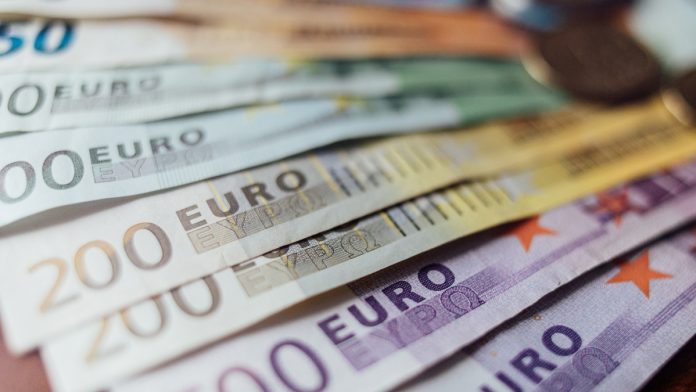- Pound (GBP) is falling for a second day
- BoE rate decision is tomorrow
- Euro (EUR) is rising despite concerns over the German recovery
- German industrial output fell 0.4% MoM
The Pound Euro (GBP/EUR) exchange rate is falling for a second straight session. The pair fell -0.29% in the previous session, settling on Tuesday at €1.1629 and trading in a range between €1.1626 and €1.1667. At 10:00 UTC, GBP/EUR trades -0.15% at €1.1612.
The pound is falling as attention turns to tomorrow’s Bank of England interest rate decision. The central bank is widely expected to leave interest rates unchanged at the 15-year high of 5.25%.
As the central bank is not expected to change monetary policy, the focus will be on the vote split and forward guidance, where the policymakers could start paving the way for a rate cut in the coming months through lower inflation projections or more dovish guidance.
In the March Bank of England interest rate meeting, the vote split was less hawkish than expected, with no rate hike dissenters for the first time since September 2023 when the Bank of England first left rates unchanged.
The fall in the pound comes amid growing expectations that the Bank of England could cut rates in June or, if not, in August. The market is currently pricing in a 45% probability of a rate cut in June and has fully priced in a rate cut in August.
Meanwhile, the euro is rising despite concerns over the health of the German economic recovery. German industrial production fell by 0.4% compared to February, although this was a smaller decline than the 0.6% fall that analysts had forecast. It was also down from the 1.7% increase in February on the month.
The data comes after factory orders unexpectedly fell yesterday and highlights that the German economy is still struggling. While recent German data has been more upbeat, these latest figures suggest that the road to recovery, particularly in industry, will likely be long.
The data also comes after the German economic institute IW warned that the German economy would stagnate in 2024 despite a stronger-than-expected start to the year. The institute highlighted that the manufacturing and construction sector, in particular, remains stuck in a recession, and consumption will be the only bright spot, which is expected to improve as inflation eases.





